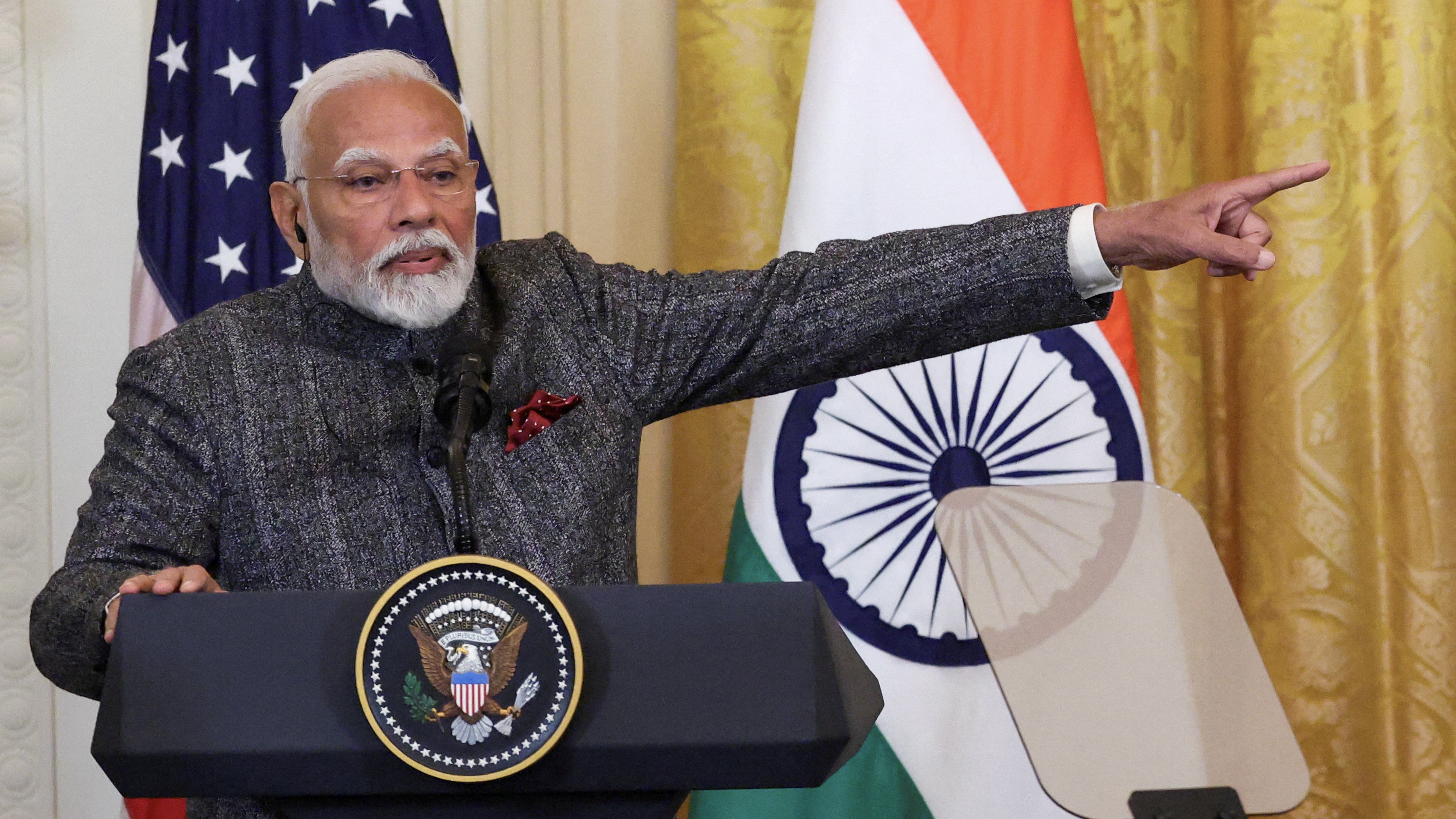India digs in heels amid Trump’s tariff threat
US President Donald Trump has doubled down on his tariff threat against India, warning he will “substantially” raise the duty on Indian imports in order to stop Delhi from buying Russian oil. India is unmoved, though, calling the threat “unjustified.” This spat might not just be about oil, though – amid ongoing trade talks, Washington is pressing India to open up its massive agricultural markets, a bitter pill for Indian Prime Minister Narendra Modi to swallow.
Brazil’s top court puts Bolsonaro under house arrest
Brazil has placed former President Jair Bolsonaro under house arrest, after he violated the terms of a previous court order by posting on social media. The right-wing leader and Trump ally is on trial for allegedly planning a coup after his 2022 election loss. The latest move is certain to heighten US-Brazil tensions – last month Trumpimposed 50% tariffs on Brazil, blasting current leftwing president Luiz Inácio Lula da Silva for a “witch hunt” against Bolsonaro.
Netanyahu to propose full Gaza occupation
With Gaza ceasefire talks once again going nowhere, Israeli Prime Minister
Benjamin Netanyahu will
reportedly seek approval to fully occupy the strip at a Cabinet meeting Tuesday evening. Israel
already controls 75% of the enclave, and the head of the Israeli military has warned that a full occupation could put soldiers and the remaining hostages, 20 of whom are still believed to be alive, at risk. Israel first took control of Gaza during the Six Day War in 1967, but formally withdrew its military and settlers in 2005 for security reasons. Netanyahu
opposed that move at the time.
